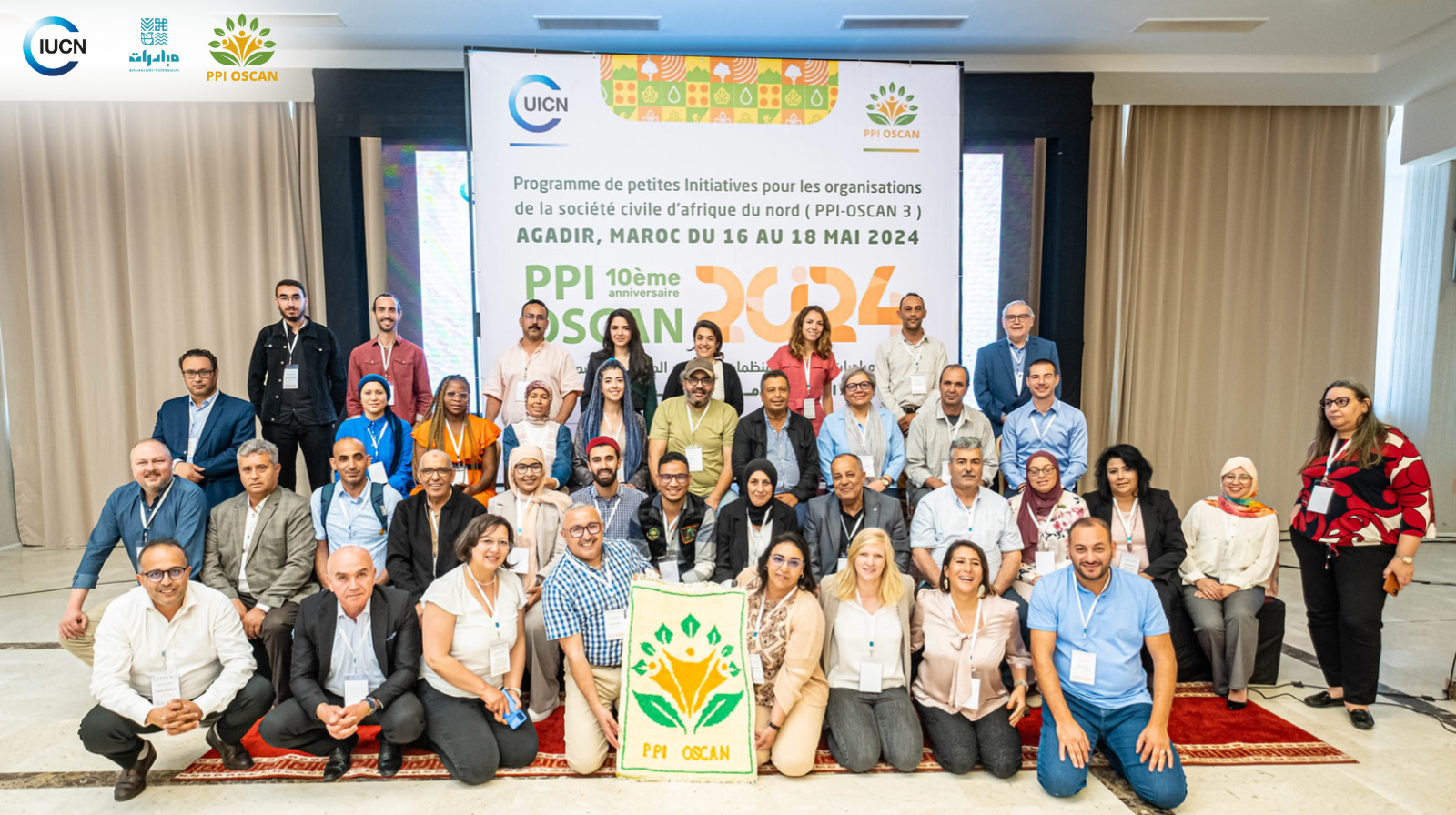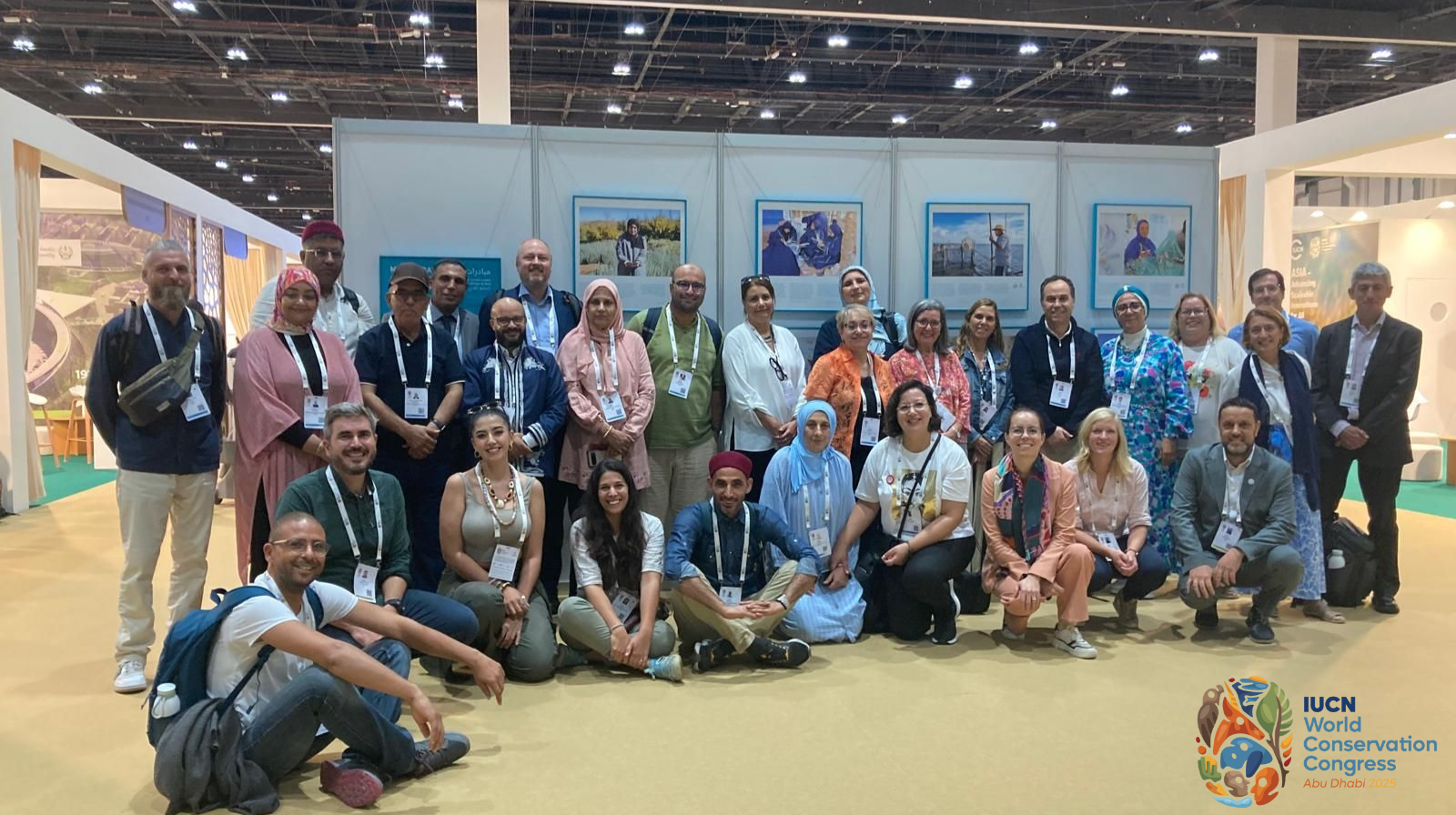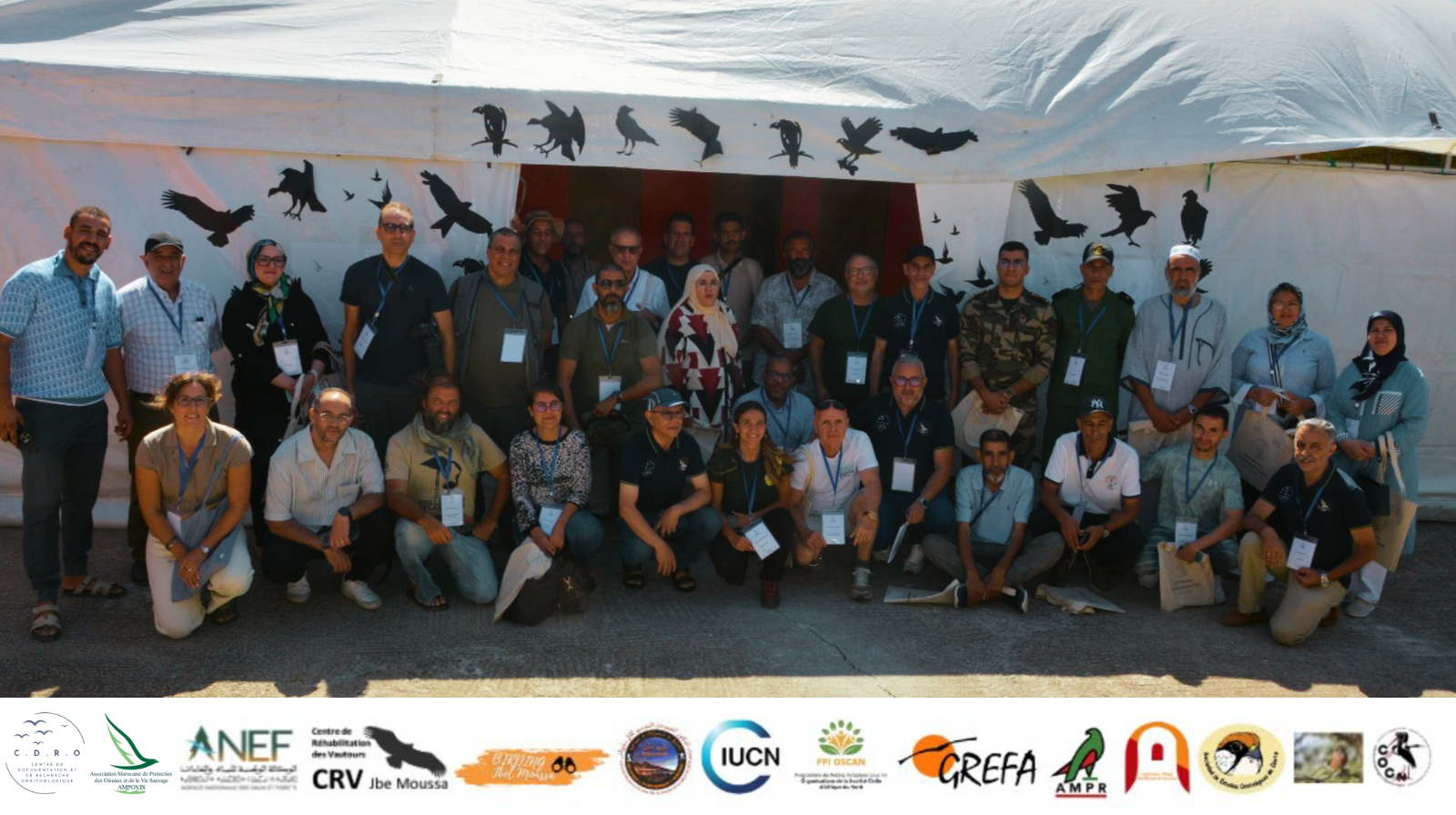Preserving the Oases of Kebili: The IREO Waha Project Strengthens Climate Resilience and Biodiversity
In the arid region of Kébili, where oases constitute a vital ecological and economic heritage , Founded in 2015, the Tunisian Energy, Water and Environment Association works for the development of sustainable solutions in the fields of energy, water and the environment in the Kébili region. Through various projects, it supports local farmers in improving their agricultural practices and preserving oases, fragile ecosystems threatened by climate change and soil salinization.
Since 2023, the association has been implementing the IREO Waha project, which aims to strengthen their skills in sustainable oasis management and protection of date palms against pests such as acarian Boufarwa (Oligonychus afrasiaticus), a scourge for the production of dates. This ambitious project, completed in October 2024, has trained 30 local farmers in sustainable practices to control date palm pests, restore Asian biodiversity and reduce soil and groundwater salinization.
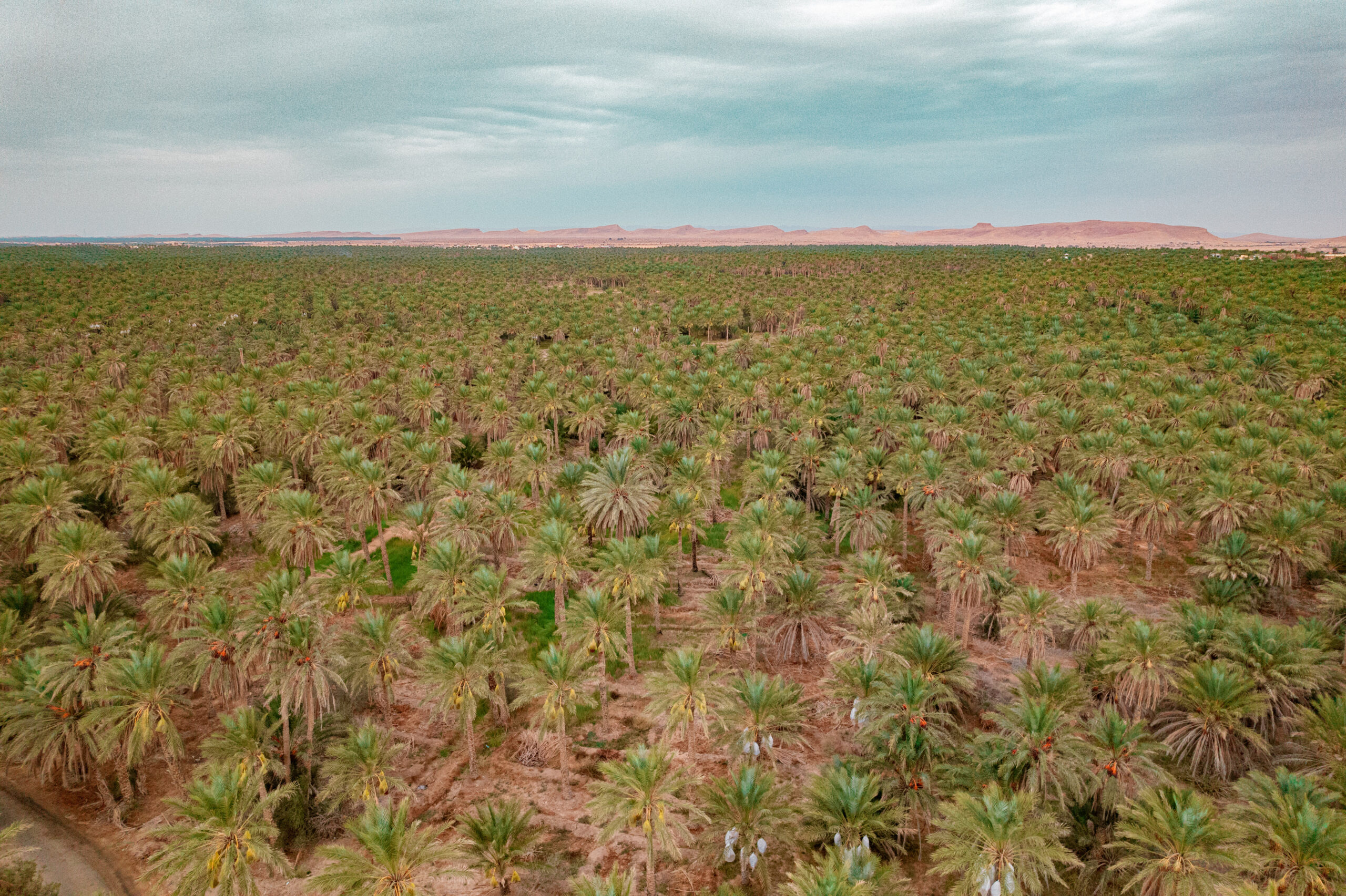
A Commitment to Sustainable Oases
Facing climate challenges and threats to Kebili’s fragile ecosystems, the project focused on three strategic objectives:
- Empowering Farmers
- Training for 30 farmers (including 10 women) on pest control techniques (e.g., combating Boufarwa mites, a major threat to date palms).
- Distribution of protective kits and farming equipment to 2 Agricultural Development Groups (GDA).
- Introduction of 1,200 resilient plants (including aromatic species like rosemary and laurel) to diversify crops and enhance biodiversity.
- Combating Salinization
- Cleaning drainage systems to reduce soil and groundwater salinity, a critical issue for oasis survival.
- Restoration of 10 hectares of abandoned oases in North Kebili using sustainable management methods.
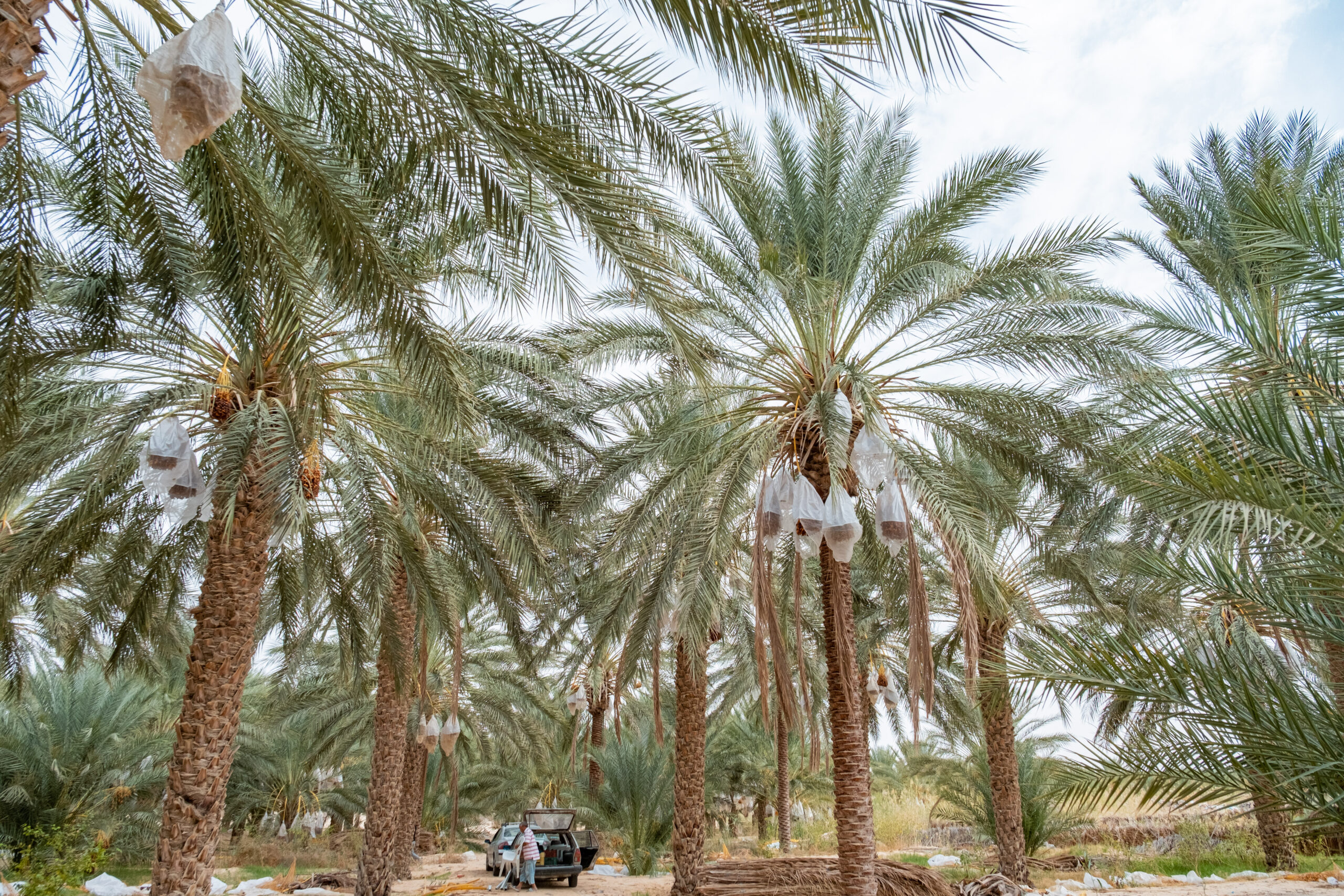
3.Building a Knowledge Network
-
- Development of a best practices guide shared with local stakeholders.
- Exchange visits with the IRADA association, involving 17 farmers and 10 female farmers to share experiences.
- Creation of an accessible archive system to preserve acquired knowledge.
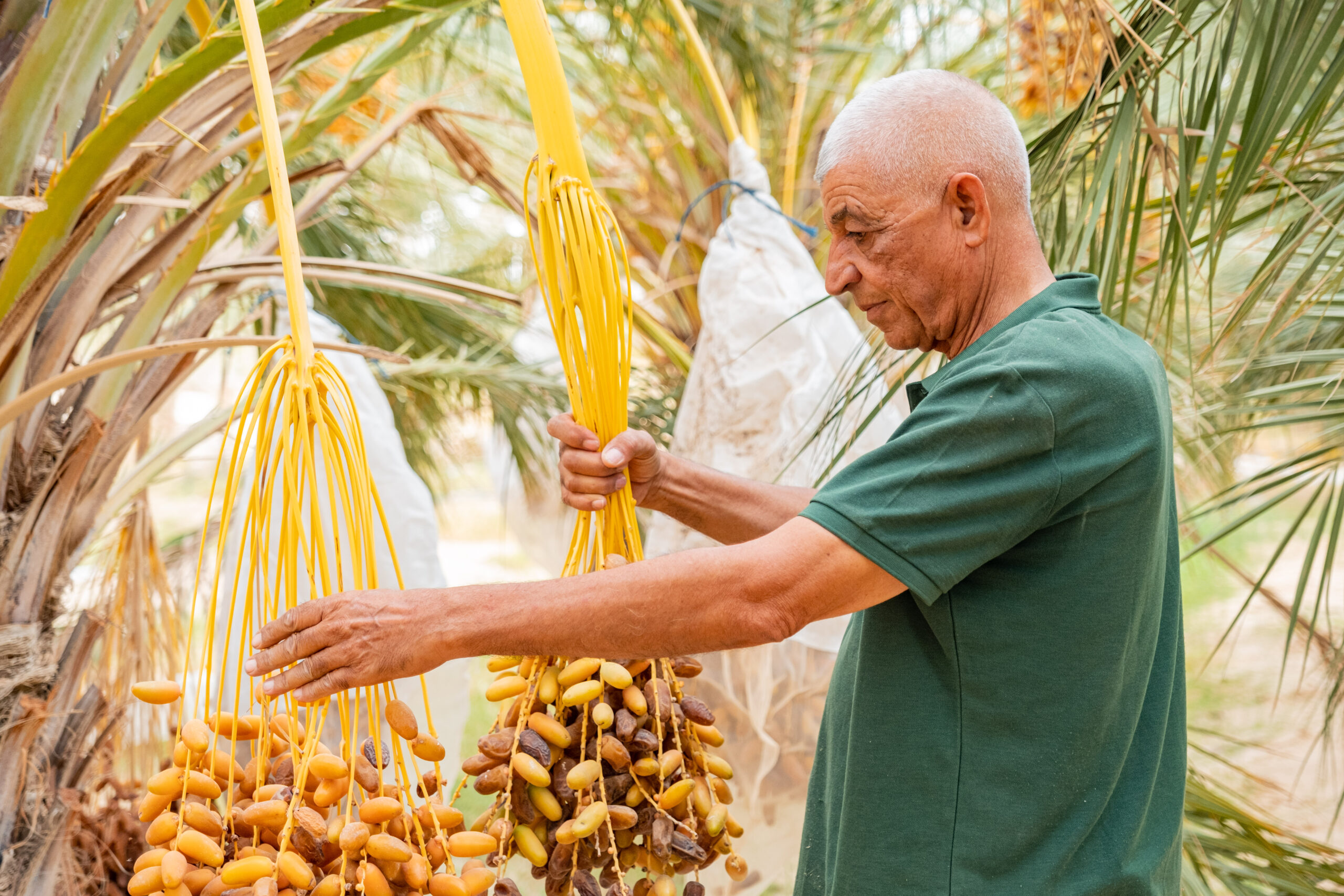
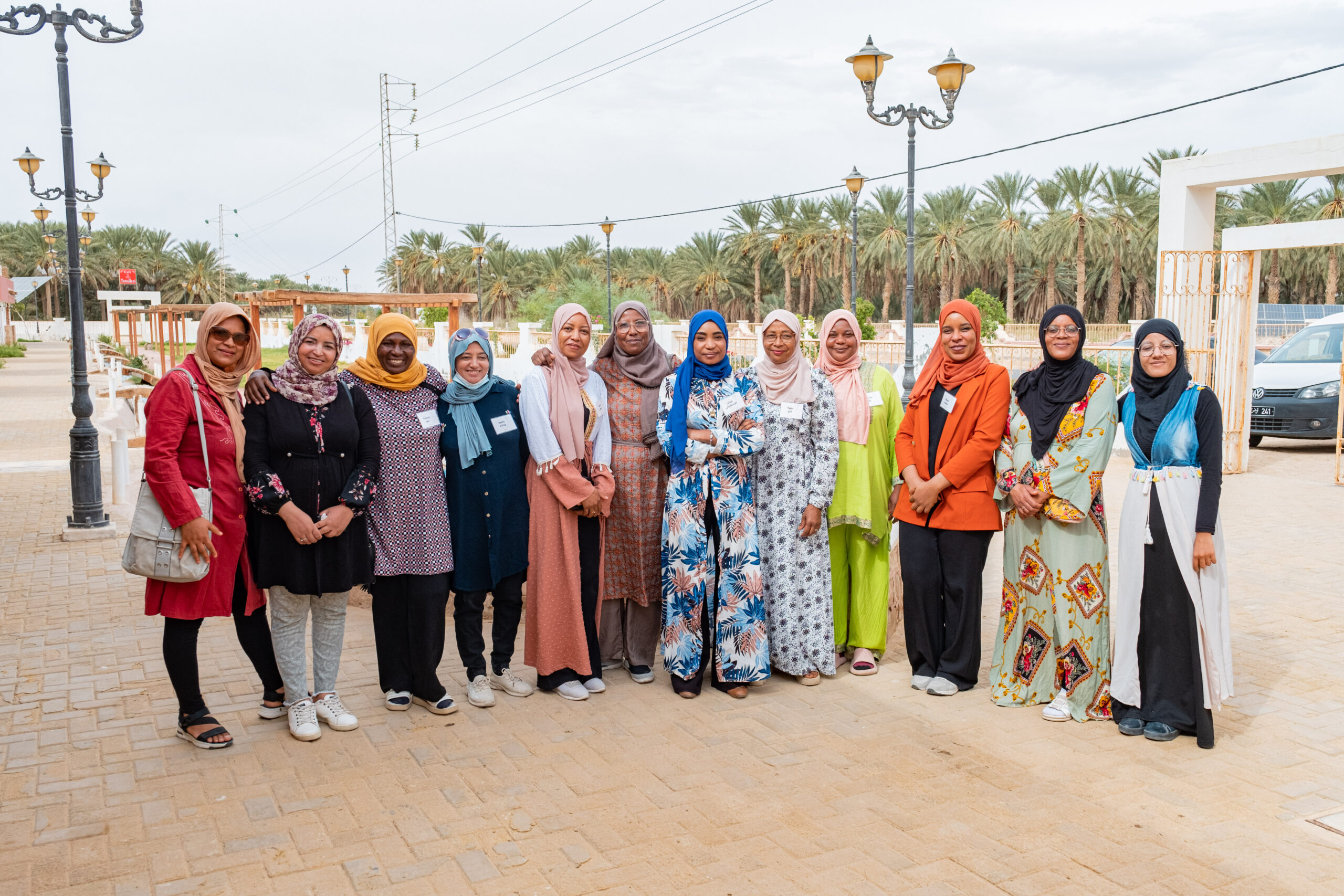 Tangible Results and Lasting Impact
Tangible Results and Lasting Impact
Thanks to IREO Waha, targeted oases already show improved biodiversity indicators, while farmers adopt more eco-friendly methods. A key highlight: the involvement of oasis women, despite social constraints, was encouraged through tailored training and olive tree distribution for complementary income.
The project also benefited from strong local government support, including field visits and technical assistance.
As project coordinator Ms. Aljia Ben Smida noted: “PPI OSCAN has been a catalyst for our community. The oases are reviving, and our knowledge is now shared.”
What’s next?
The end of the project is only one step , thanks to the PPI-OSCAN 3 programme (coordinated by IUCN-Med and funded by the French Fund for the Global Environment (FFEM), the MAVA Foundation and the Sigrid Rausing Trust ), its impact will be sustained through the engagement of farmers and the support of local institutions. The involvement of the administration, notably through field visits and continuous support, was a key factor in the success. In addition, the beneficiary farmers made their recommendations to ensure the sustainability of the actions implemented.
the tools developed (guide, network, equipment) ensure its durability. The mobilization of local actors and the dissemination of good practices will continue, with the ambition to extend this model to other Tunisian regions.
Discover how the IREO Waha project, led by the Tunisian Association of Energy, Water and Environment, revitalized Kebili’s oases through sustainable practices, salinity control, and training for 30 farmers. A climate resilience model supported by PPI OSCAN.



